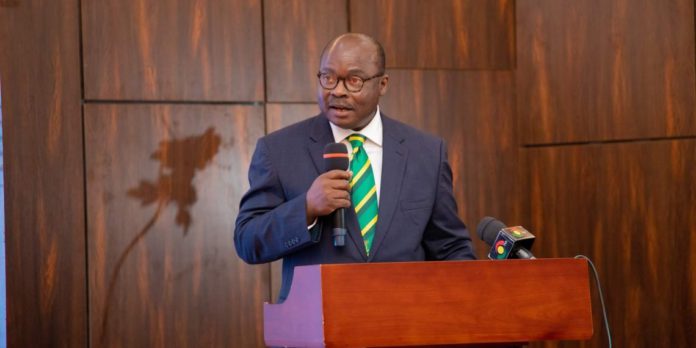The Bank of Ghana injected about US$2.8 billion into the foreign exchange market between August 2024 and December 2024.
It subsequently auctioned US$480 million to the Bulk Oil Distributors on the back of foreign exchange inflows from multilateral partners.
However, the forex market started witnessing stability in October, reversing some losses incurred in the first eight months of 2024.
As a result, the Ghana cedi trimmed its year-to-date losses to 21.58% versus the US dollar, closing the year at a mid-rate of GH¢15.60 to the dollar. The unit also shed 20.78% year-to-date against the pound and 17.70% to the euro on the retail market.
The Ghana cedi faced depreciation pressures for the most of 2024 due to heightened corporate demand and poor foreign exchange liquidity, as the Bank of Ghana focused on rebuilding FX buffers to cushion the dwindling reserve.
Last week Friday, the Government of Ghana paid off coupon obligations on Eurobonds, releasing a total of about GH¢346 million.
Though Ghana’s foreign reserve stands at 3.5 months of import cover as of October 2024, analysts envisage this development as a downside risk to the supply-side intervention, which may negatively impact the GHS in the near term.
This week, however, analysts expect the Ghana cedi to be mixed as market players return to activities from the New Year holidays.
ALSO READ:

